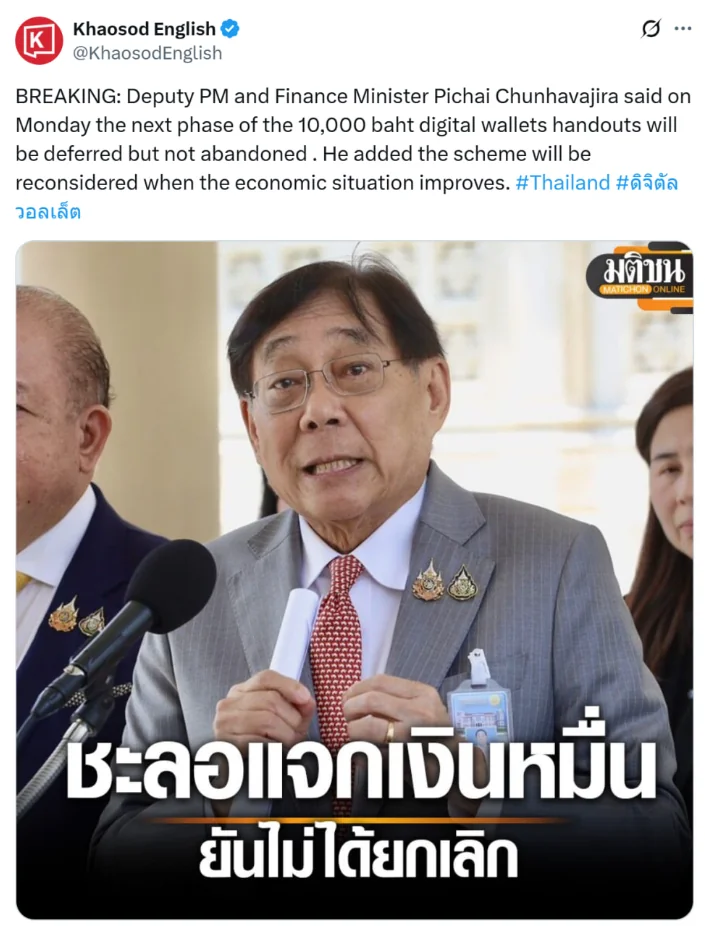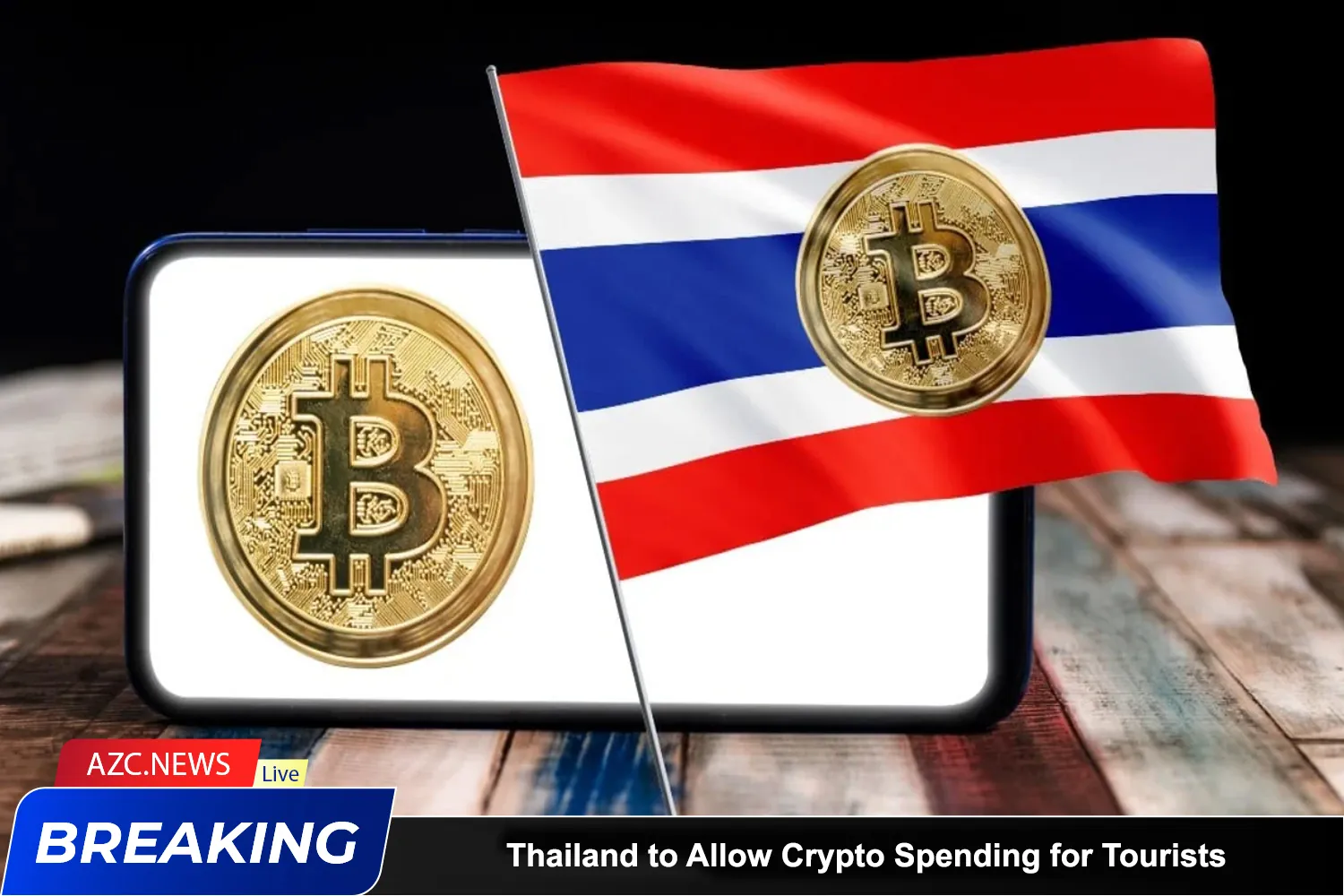Thailand is preparing to allow tourists to spend cryptocurrency through credit card-linked platforms, as part of a broader strategy to modernize its financial system and boost the digital economy.
The announcement was made by Deputy Prime Minister and Finance Minister Pichai Chunhavajira during an investment seminar in Bangkok on May 26. Tourists will be able to link their crypto wallets to credit cards to make purchases in Thailand. Merchants will receive Thai baht as usual—often without knowing crypto was used.
The initiative is currently under review by the Ministry of Finance and the Bank of Thailand and is expected to launch after essential infrastructure and regulations are in place. Pichai emphasized that the model does not directly involve the Thai baht, helping reduce risks to the national currency.
In parallel, Thailand is planning a comprehensive reform of its financial regulatory framework. Currently, traditional capital markets and digital assets are governed by separate laws. The government aims to unify these to improve regulatory oversight and foster innovation.

Part of the reform also involves easing investment restrictions for major institutions such as life insurers and large investment funds, which are currently limited mostly to government bonds. The Ministry of Finance is also reviewing rules related to treasury stocks and high-frequency trading practices to create a fairer market environment.
A draft law is being prepared to expand the Thai Securities and Exchange Commission’s (SEC) authority, allowing it to bring serious cases directly to public prosecutors.
Pichai reiterated his support for digital assets, highlighting the need for clear regulations that promote innovation while safeguarding financial stability. He introduced the “G-Tokens” initiative—a blockchain-based platform allowing retail investors to purchase government bonds in small units, aiming to increase investment access and raise Thailand’s sovereign debt profile internationally.
Previously, the Ministry of Finance announced plans to issue $150 million worth of digital investment tokens for retail investors, while the SEC has approved stablecoins such as USDT and USDC for trading on licensed exchanges in Thailand.






